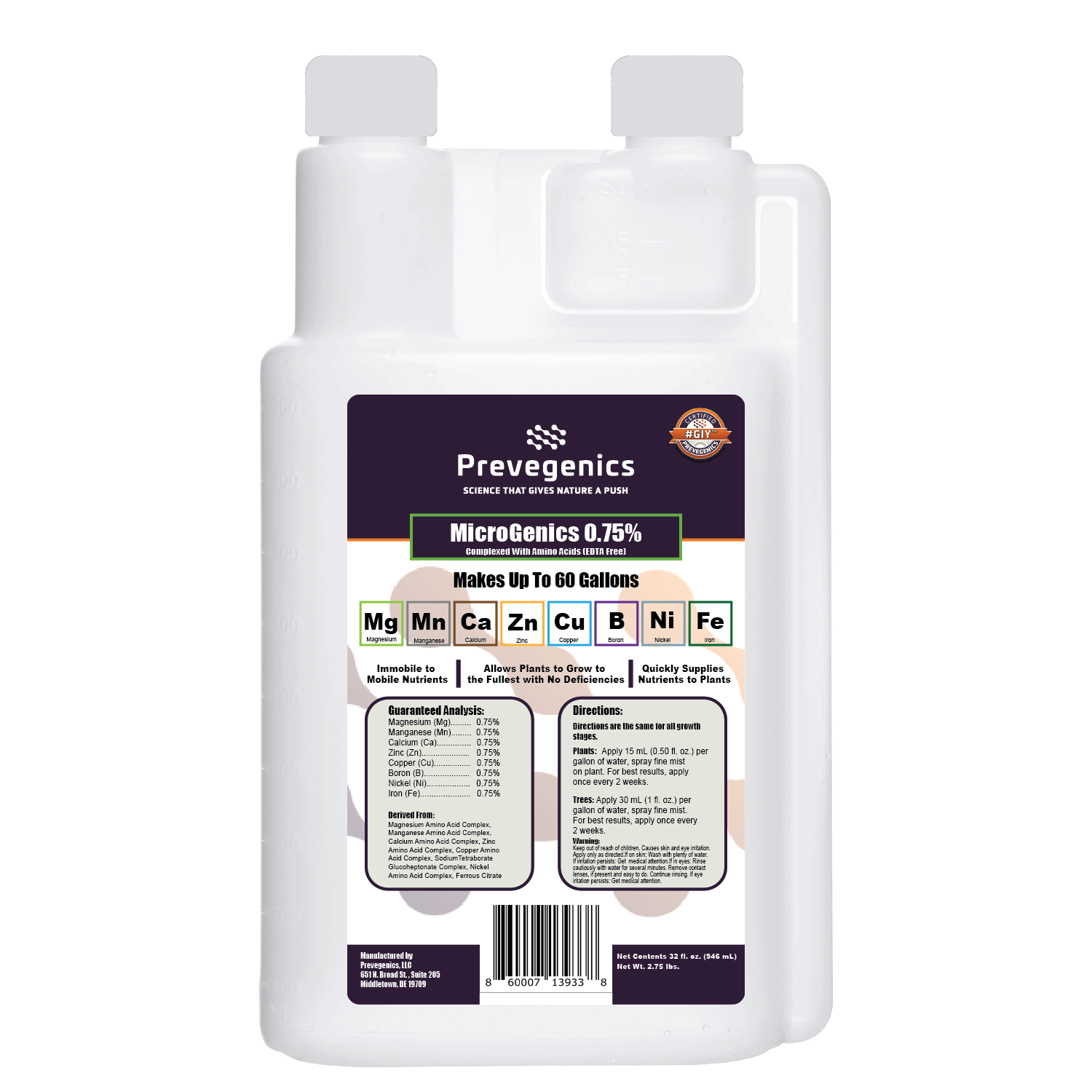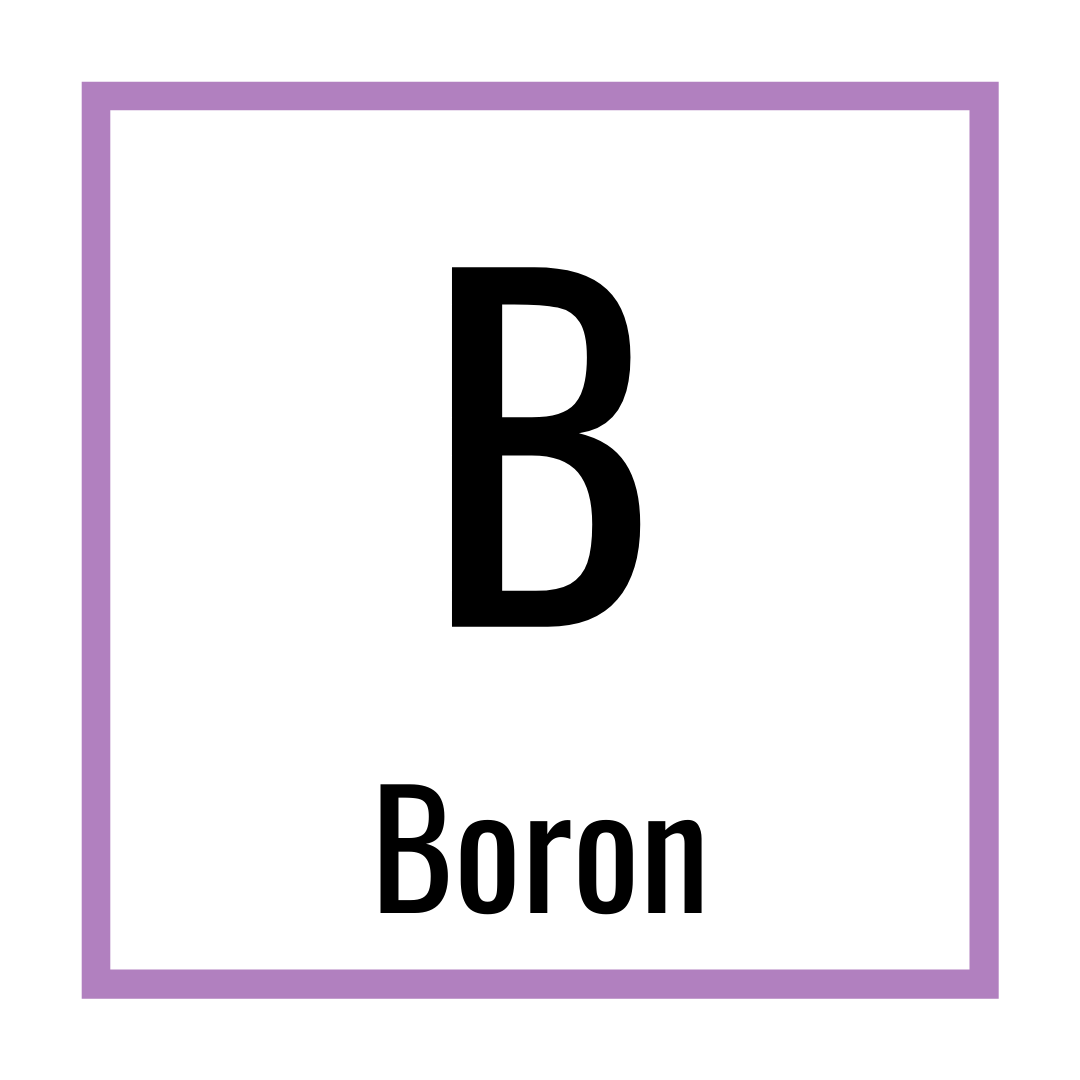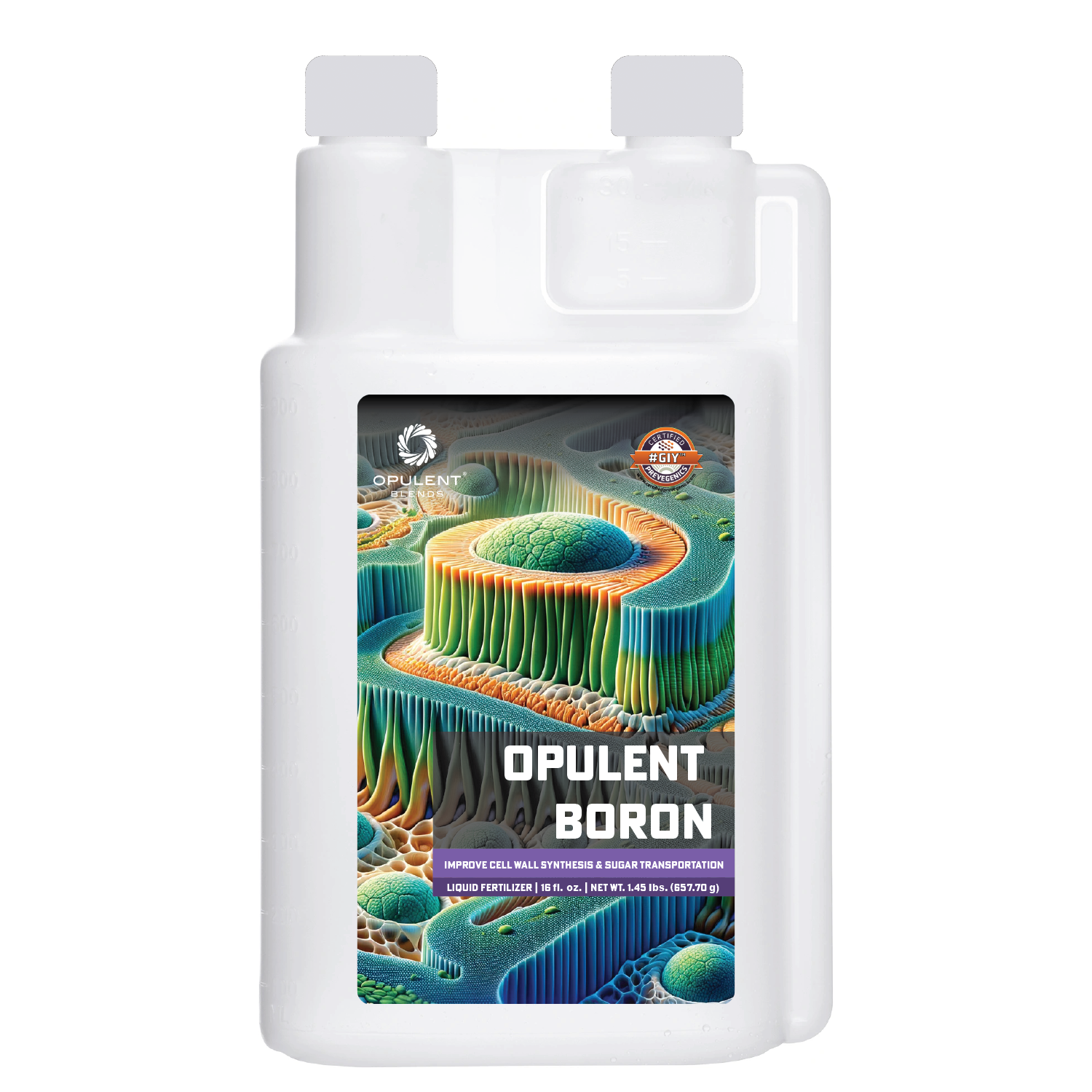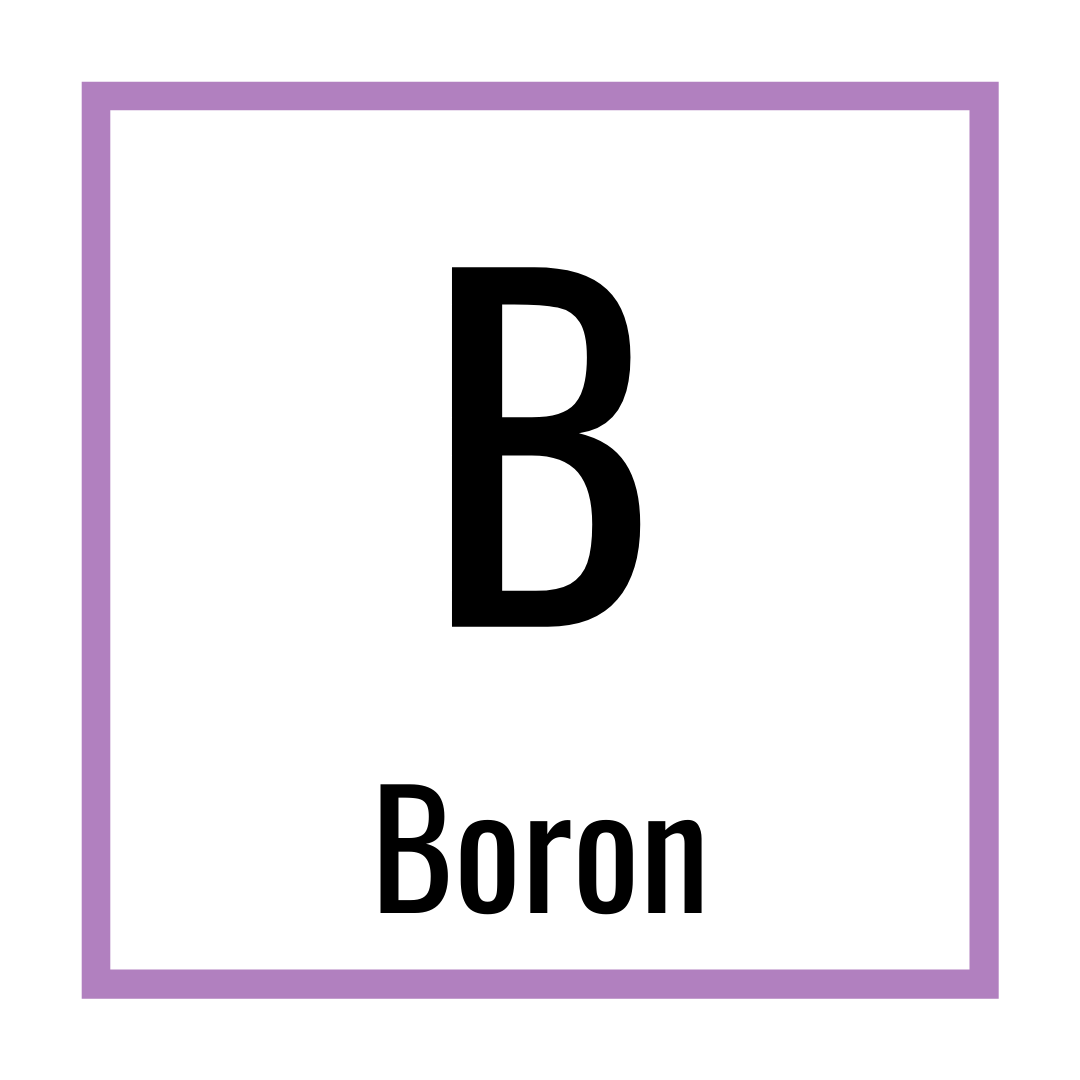
WHY IS BORON IMPORTANT?
Boron is a micronutrient that is essential for the growth and development of plants and lawns. It plays a crucial role in several physiological processes, including cell wall synthesis, sugar transport, and hormone synthesis. Boron deficiency in plants and lawns can lead to several symptoms, including stunted growth, reduced root development, and poor fruit or seed production.
Boron is important for the formation and function of cell walls in plants and lawns. It is involved in the synthesis of pectin, a component of cell walls that helps to maintain their structure and function. Without sufficient boron, cell walls can become weak and plants may be unable to develop normally.
Boron is also involved in the transport of sugars within plants. It helps to regulate the movement of sugars from leaves to other parts of the plant, including roots and developing fruit or seeds. Without sufficient boron, plants may not be able to transport sugars effectively, leading to reduced growth and development.
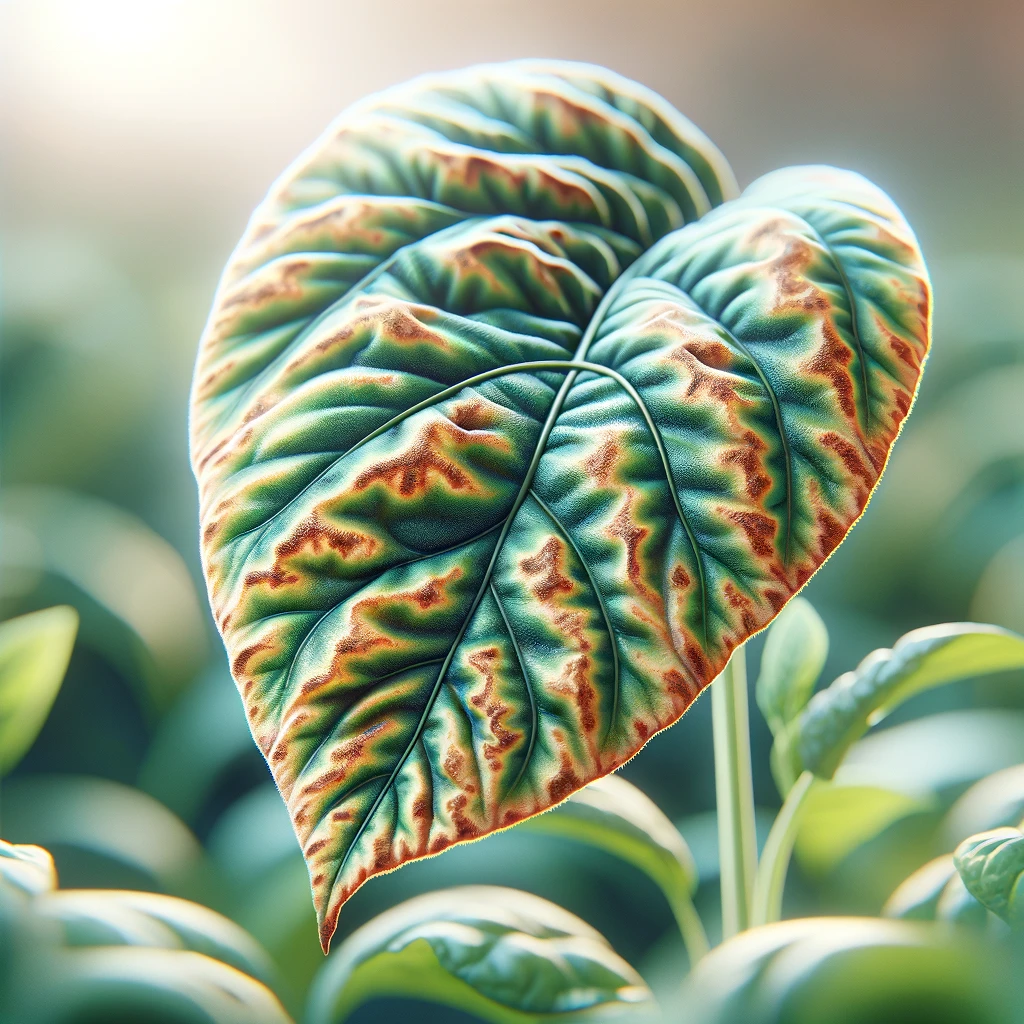
DEFICIENCY
Boron deficiency in plants can lead to several symptoms, including stunted growth, reduced root development, and poor fruit or seed production. Plants may also exhibit yellowing or discoloration of leaves, and leaves may become misshapen or distorted. In severe cases, plants may fail to produce flowers or fruit, or may even die off.
In turfgrass, boron deficiency can lead to several symptoms, including stunted growth, reduced root development, and yellowing of leaves. Turfgrass may also become more susceptible to pests and diseases, and may develop a thin, patchy appearance. In severe cases, large areas of turf may die off, leaving bare patches in the lawn.
Boron deficiency is most common in alkaline soils or in soils with low organic matter content. It can also be exacerbated by high levels of other micronutrients, such as calcium or magnesium, which can compete with boron for uptake by plants.
BORON FERTILIZERS
MicroGenics 0.75%
